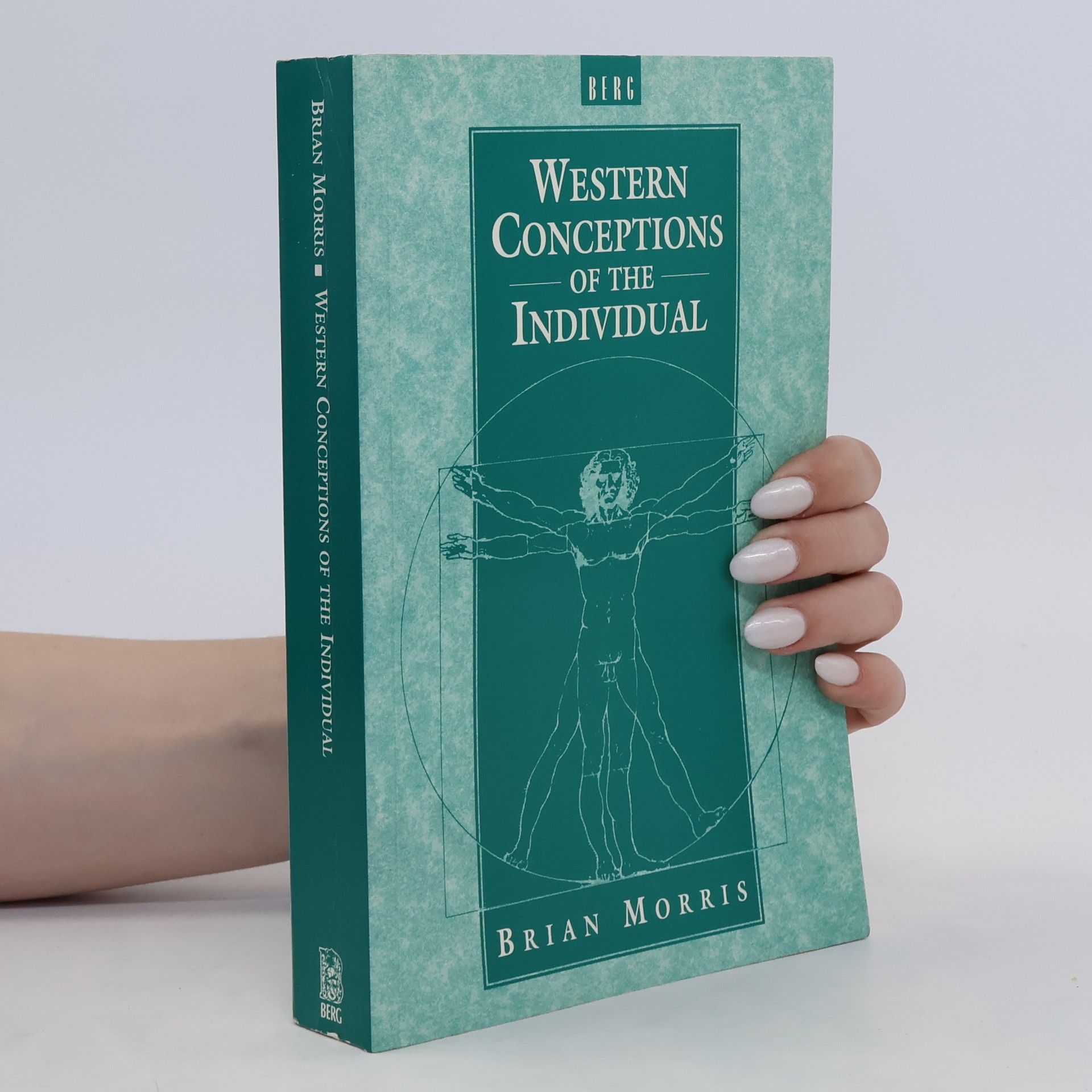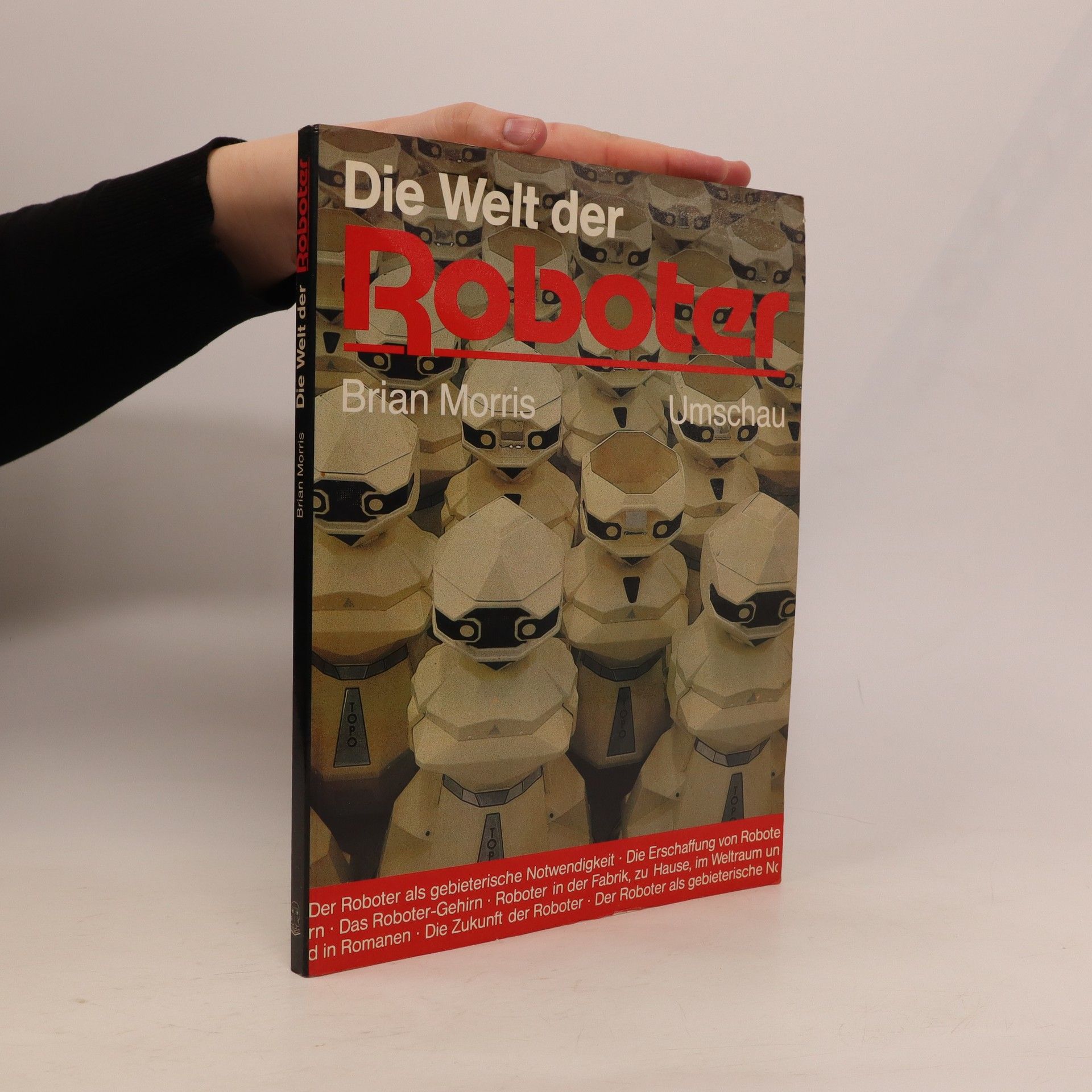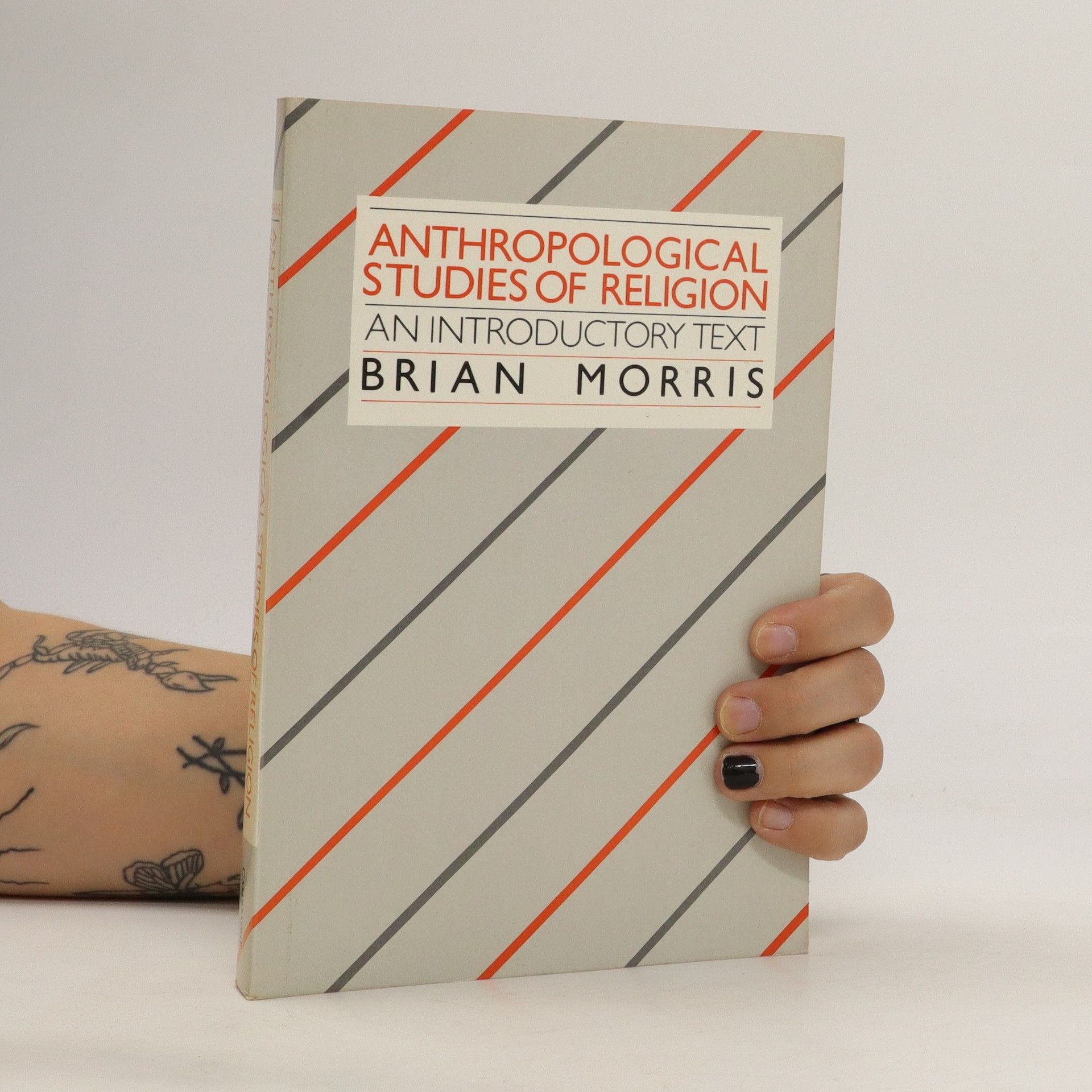Brian Morris Bücher
Brian Morris ist emeritierter Professor für Anthropologie, dessen Werk sich mit Volksklassifikation, Ethnobotanik, Ethnozoologie, Religion und Symbolik befasst. Er hat Feldforschungen bei südasiatischen Jägern und Sammlern sowie in Malawi durchgeführt und schöpft aus einer vielfältigen vorakademischen Karriere als Gießereiarbeiter, Seemann und Teeplantagenarbeiter. Seine Schriften untersuchen die komplexen Zusammenhänge zwischen Natur und menschlicher Kultur, Konzepte des Individuums und anarchistische Philosophie. Morris bietet einzigartige Einblicke, wie Gesellschaften die Welt klassifizieren und ihren Platz darin verstehen.






Er wächst ohne Vater in einer großen Familie in Wales auf. Er ist neugierig auf Menschen und unbekannte Länder, er lebt in Holland und dann bei Fischern auf Sri Lanka, er reist nach Indien, Nepal Brian Morris ist intelligent, sympathisch, aber drogenabhängig. Er arbeitet als Tierpfleger, Drogenkurier, Türsteher. Er dealt, um seine Sucht zu finanzieren. Er kämpft um seine junge Familie und verliert. Ohne jede Hoffnung für die Zukunft landet er im Gefängnis. Am tiefsten Punkt schreit er zu Gott. Brian Morris, geboren 1953 in Wales/Großbritannien, lebt heute mit seiner Frau und fünf Kindern in Swansea/Südwales. Nach seiner Haft arbeitete er in verschiedenen sozialen Projekten. Zurzeit studiert er Praktische Theologie am Bible College of Wales.
Exploring the nature of reality, the author critiques contemporary theories in anthropology, advocating for its recognition as a historical social science. He introduces the concept of "dialectical naturalism" or "evolutionary realism," emphasizing its significance in bridging anthropology with philosophical inquiry. This thought-provoking treatise challenges readers to reconsider how cultural constructs shape perceptions of reality, while also reviving an often-overlooked philosophical tradition.
The Taming of the Shrew
- 142 Seiten
- 5 Lesestunden
A comedy of Petruchio's determination to subdue the irascible Katherine and to make her his wife
Bakunin: Philosophy of Freedom
- 200 Seiten
- 7 Lesestunden
Focusing on the definitions of freedom, the book explores the life and thought of Bakunin, highlighting his significance as a political theorist. It emphasizes his commitment to uniting theory and practice within his anarchist philosophy. The portrayal of Bakunin reveals the monumental nature of his ideas and their enduring relevance in contemporary discussions on freedom and political theory.
This is a comprehensive study of the varying conceptions of the human subject in the Western intellectual tradition. Although informed by an anthropological perspective, the author draws on material from all the major intellectual disciplines that have contributed to this tradition and offers biographical and theoretical vignettes of all the major Western scholars. By scrutinizing the classical texts of the Western tradition, he succeeds in delineating the differing conceptions of the human individual which emerge from these writings, and gives a guide to the most important ideas in Western cultural traditions.
A lucid outline of explanations of religious phenomena offered by such great thinkers as Hegel, Marx, and Weber.
Homage to Peasant Smallholders
Land and People of the Shire Highlands, Malawi
- 450 Seiten
- 16 Lesestunden
Focusing on the peasant-smallholders of the Shire Highlands in Southern Malawi, this ethnographic study delves into their social life and cultural practices. It examines the intricate relationship between these communities and their diverse natural landscape, highlighting the complexities of their connection to the land and its biodiversity. With the peasant-smallholders making up about 80 percent of the population, the book provides a detailed representation of their experiences and interactions with their environment.
CHASED BY THE DRAGON CAUGHT BY THE LAMB
The Incredible True Story of a Drug Addict Reborn
- 234 Seiten
- 9 Lesestunden
Set against the backdrop of 1995, the narrative follows Brian as he faces imminent arrest for smuggling a kilogram of cocaine valued at one and a half million pounds. The story delves into the harrowing consequences of his actions, leading to a twelve-year prison sentence. With a fast-paced and often unsettling tone, it explores themes of crime, punishment, and the impact of choices on one's life trajectory.
Trail of an Intellectual Nomad
My Encounters with People and Wildlife in India and Malawi
- 732 Seiten
- 26 Lesestunden
Brian Morris's journey from leaving school at fifteen to becoming an Emeritus Professor of Anthropology at Goldsmiths College highlights his diverse career in Malawi and extensive contributions to the field. His scholarly work encompasses anthropology, religion, symbolism, and radical politics, reflecting a deep engagement with hunter-gatherer societies and individual concepts. Notable recent publications include "Homage to Peasant Smallholders" and "Anthropology and Dialectical Naturalism," showcasing his ongoing exploration of critical themes in anthropology.
